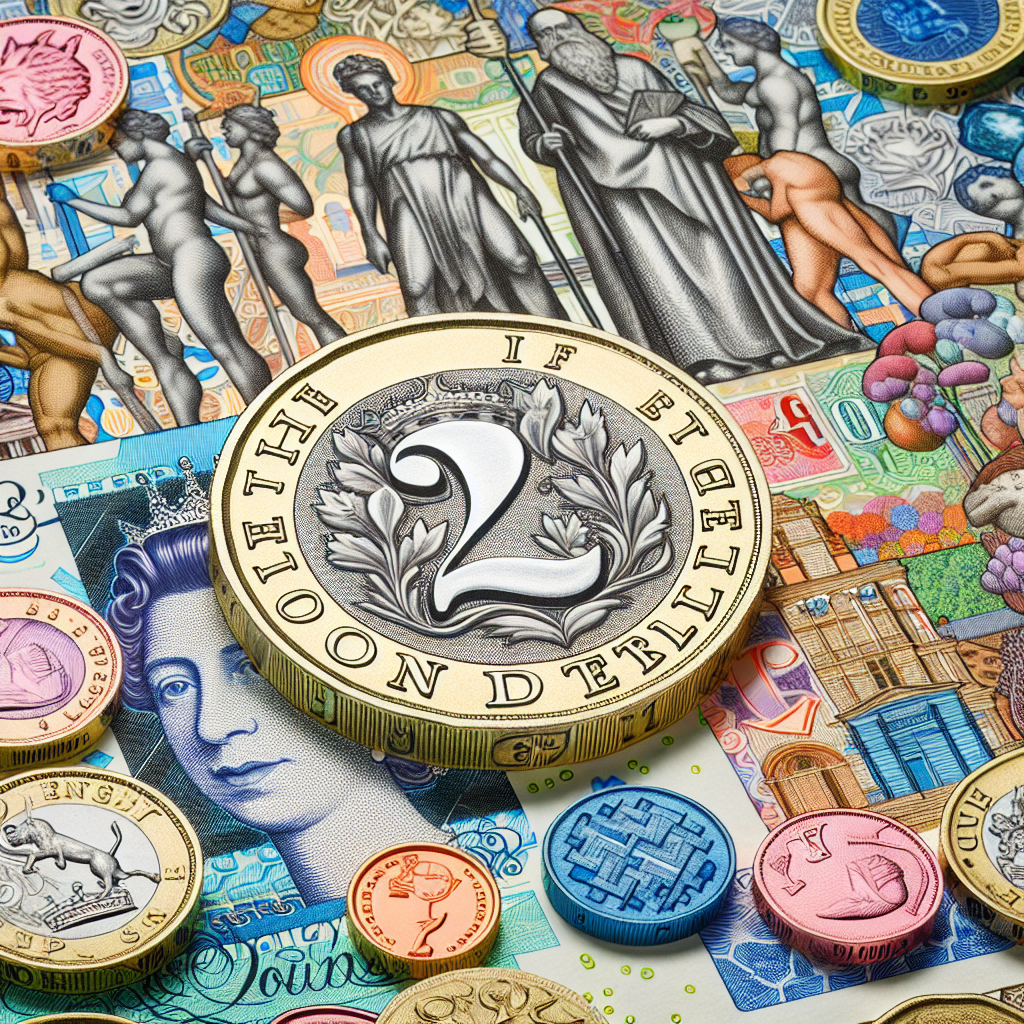Sterling Stumbles: UK's High-Tax Budget Sends Ripples Through Markets
The British pound stabilized after tumultuous sessions but is on track for its longest weekly losing streak in six years. UK finance minister Rachel Reeves introduced a high-tax, high-borrowing budget, unsettling markets and raising concerns over inflation. The budget aims to boost the economy, but many fear stagflation.

- Country:
- United Kingdom
The British pound found some stability on Friday after several volatile trading sessions, yet it is poised to endure its longest run of weekly losses in nearly six years. This downturn comes as political and monetary uncertainties have prompted investors to prefer the U.S. dollar.
Rachel Reeves, the UK finance minister, delivered her inaugural budget under the Labour Party's reign, proposing a high-tax, high-expenditure financial plan that has unsettled British bond markets and impacted sterling. Despite avoiding the chaos of former Prime Minister Liz Truss's 2022 budget, the new gilts have led to increased yields as traders anticipate fewer rate cuts in the coming year.
The Office for Budget Responsibility reports that the UK economy is expected to grow by 2.0% in 2025, with inflation projected to average 2.6%. Concerns have arisen about employers' ability to handle increased social security contributions, part of the largest tax increment in a budget since 1993.
(With inputs from agencies.)










